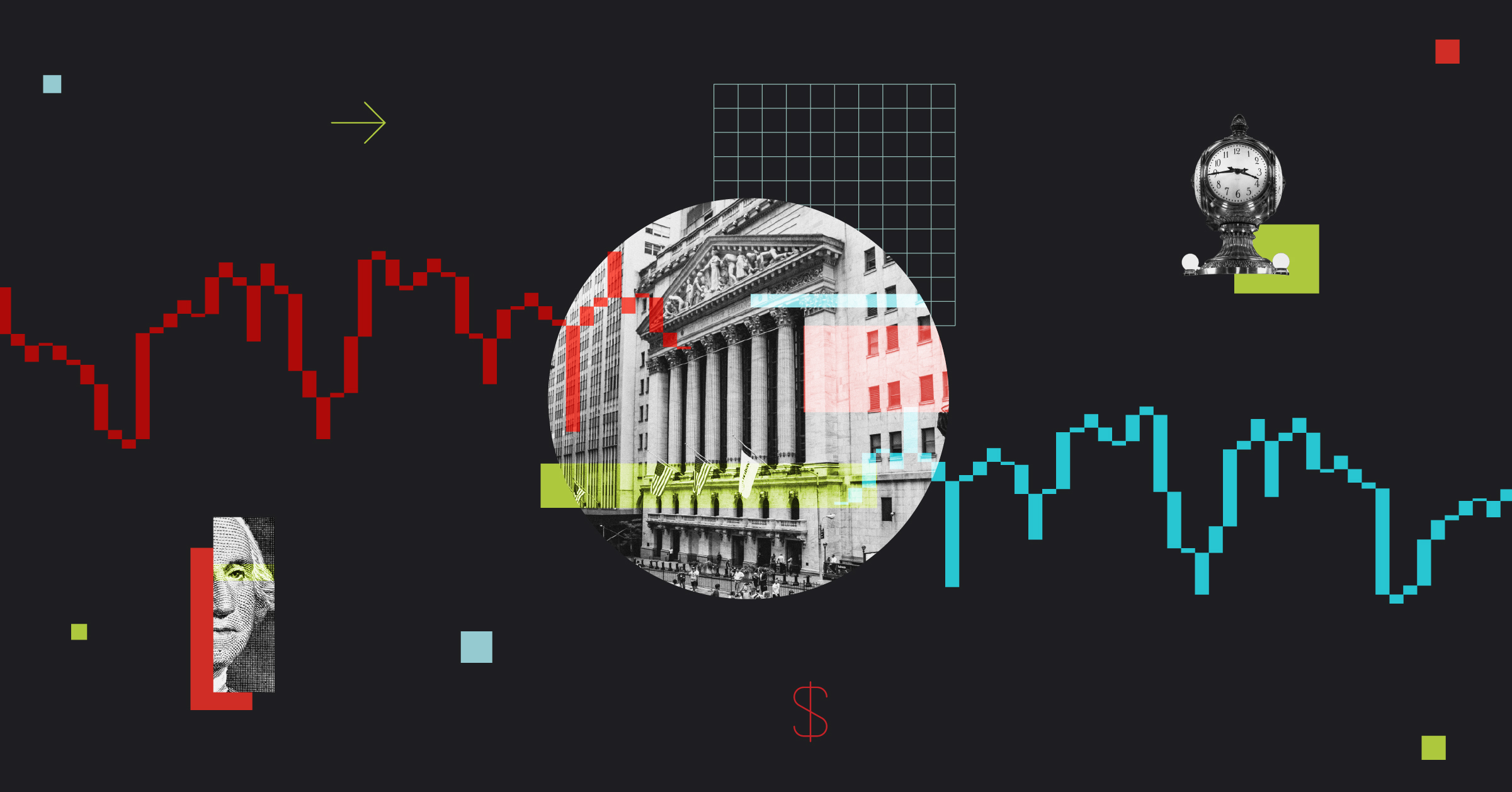Rise by Six: Your Daily Dose of Inspiration
Explore insights and stories that elevate your day.
Stock Market Shenanigans: Why Your Neighbor is Suddenly an Expert
Discover the surprising reasons behind your neighbor's sudden stock market expertise and uncover the secrets of today's investment craze!
The Rise of Amateur Investors: What Sparks the Stock Market Frenzy?
The rise of amateur investors has reshaped the landscape of the stock market, sparking a frenzy that was once dominated by institutional players. This shift can be attributed to several factors, including increased access to trading platforms and the proliferation of online resources. With the advent of social media, platforms like Reddit have also become catalysts for community-driven investment strategies, allowing individuals to share insights and rally together around specific stocks. As a result, the collective behavior of retail investors has led to unprecedented volatility in the market, often challenging the traditional wisdom of seasoned investors.
Moreover, the emotional drive behind amateur investing is significant. Many individuals are not just motivated by financial gain but seek to participate in a modern economic revolution. The success stories of others have fueled a fear of missing out (FOMO), compelling more people to jump on the bandwagon. This sentiment, combined with the availability of low-cost trading options and resources that demystify investment strategies, has empowered a new generation of investors. As they navigate this dynamic environment, their collective actions continue to influence market trends and challenge the status quo.

Decoding Your Neighbor's Stock Tips: Are They Experts or Just Lucky?
When it comes to stock tips from your neighbors, decoding their advice can be a tricky task. While some individuals may present themselves as experts, boasting impressive portfolios and market predictions, it’s essential to evaluate the source of their information critically. Ask yourself key questions: Are they consistently offering valuable insights, or do their tips seem haphazard and based on luck? The world of investing is complex, and while a few lucky bets can lead to significant gains, true expertise often involves a deep understanding of market trends, economic indicators, and financial analysis.
To determine whether your neighbor is a seasoned stock trader or merely lucky, consider looking for patterns in their recommendations. You could create a simple checklist:
- Do they track their success rates over time?
- Are their tips based on thorough research or gut feelings?
- Have they experienced consistent gains relative to market performance?
The Psychology Behind the Stock Market Craze: Why Everyone Seems to be an Expert
The psychology behind the stock market craze reveals a fascinating interplay of cognitive biases and social influences that drive investors into a frenzy. One key factor is the herding behavior, where individuals mimic the actions of a larger group, often leading to irrational decisions. For instance, when investors see others profiting from stocks, they may feel compelled to jump on the bandwagon, driven by a fear of missing out (FOMO). This phenomenon is exacerbated by social media platforms, where the rapid spread of information can amplify sentiments, making everyone appear like a potential expert. As a result, many investors engage in speculation, prioritizing trends over fundamental analysis.
Additionally, the rise of democratized trading platforms has made it easier for everyday individuals to access the stock market, contributing to the illusion of expertise. With a few taps on a smartphone, anyone can buy and sell stocks, leading to an increased sense of confidence among novice traders. This accessibility can undermine traditional investment strategies, as more people rely on short-term gains rather than long-term planning. The psychological impact of seeing quick returns can solidify the perception that one is an expert, even with limited knowledge. Ultimately, this creates a landscape where expertise is often defined by participation rather than experience, leading to a turbulent market environment.